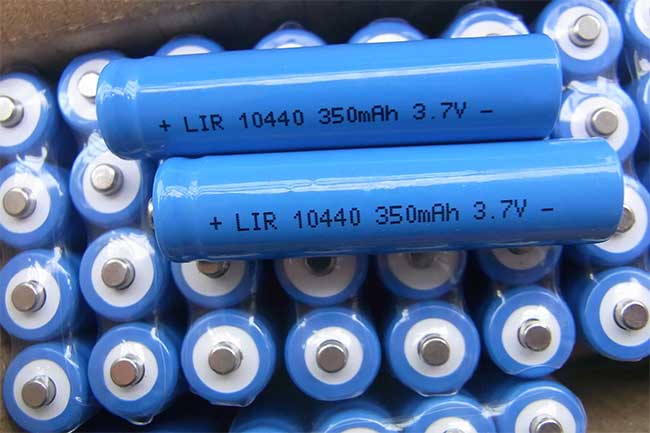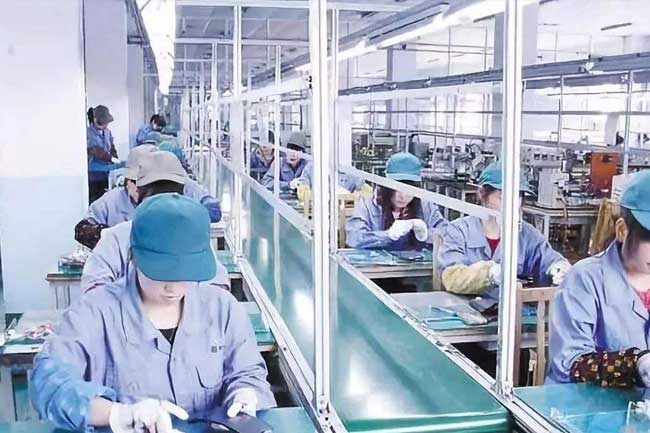



未设置相关栏目描述

As is well known, lithium batteries are reusable secondary batteries (rechargeable batteries) that use lithium metal or lithium alloys as negative electrode materials and non-aqueous electrolyte solutions. They have obvious advantages such as environmental protection, energy conservation, strong applicability, and good safety performance. With a long service life, it is currently widely used in fields such as electronics, automobiles, solar energy, telecommunications, electricity, national defense, and healthcare. It is widely and widely used in various fields such as healthcare. Therefore, it is required that lithium battery processing plants or manufacturers do a good job in ensuring the quality of lithium batteries, in order to increase the safety guarantee of use!

It is understood that dust, moisture, metal particles, and many other factors have a significant impact on lithium batteries. In the production and processing process of the lithium battery workshop, if too much water enters the lithium battery, it will seriously affect its performance and even cause an explosion; Dust in the air can also cause short circuits in lithium batteries. Therefore, lithium batteries need to strictly "avoid" moisture and dust in the air. Effectively controlling the production environment of lithium batteries, especially temperature and humidity control, plays an important role in improving the safety and quality of lithium battery production.
If the air humidity in the lithium battery production workshop and storage environment is too high, the lithium battery will absorb moisture from the air, and its internal humidity will correspondingly increase. After charging, water will decompose and the internal pressure of the battery will be high. At the same time, during the electrolyte injection process, Lipf6 is present in the electrolyte. When it comes into contact with water to form gas, hydrogen fluoride (HF) is produced, causing bulging and affecting the thickness and SEI film. Incomplete formation, etc. Therefore, absolute dehumidification and purification in the lithium battery production workshop has become an indispensable key link for various lithium battery enterprises.

Usually, the higher the humidity in the environment of a lithium battery workshop, the easier it is for the battery material to absorb moisture from the air. On the contrary, the better humidity control, the more limited the ability of battery materials to absorb moisture from the air. At present, there is a recommended humidity control step in the lithium battery production workshop (for reference only, humidity control should be operated according to the actual situation of the battery enterprise):
Workshop with relative humidity ≤ 30% RH (such as mixing, coating machine head, tail, etc.)
Workshop with relative humidity ≤ 20% RH (such as roller pressing, slicing, baking, etc.)
Workshop with relative humidity ≤ 10% RH (such as lamination, winding, assembly, etc.)
Workshop with dew point temperature ≤ -45 ℃ (such as cell baking, liquid injection, sealing, etc.)
Even if controlled according to the humidity gradient mentioned above, it is necessary to control the process residence time. So, how can we achieve the above humidity control requirements? The relative humidity in workshops such as cell baking, injection molding, and sealing should be less than 1% rh, while in workshops such as lamination, winding, and assembly, the relative humidity should be less than 10% rh.